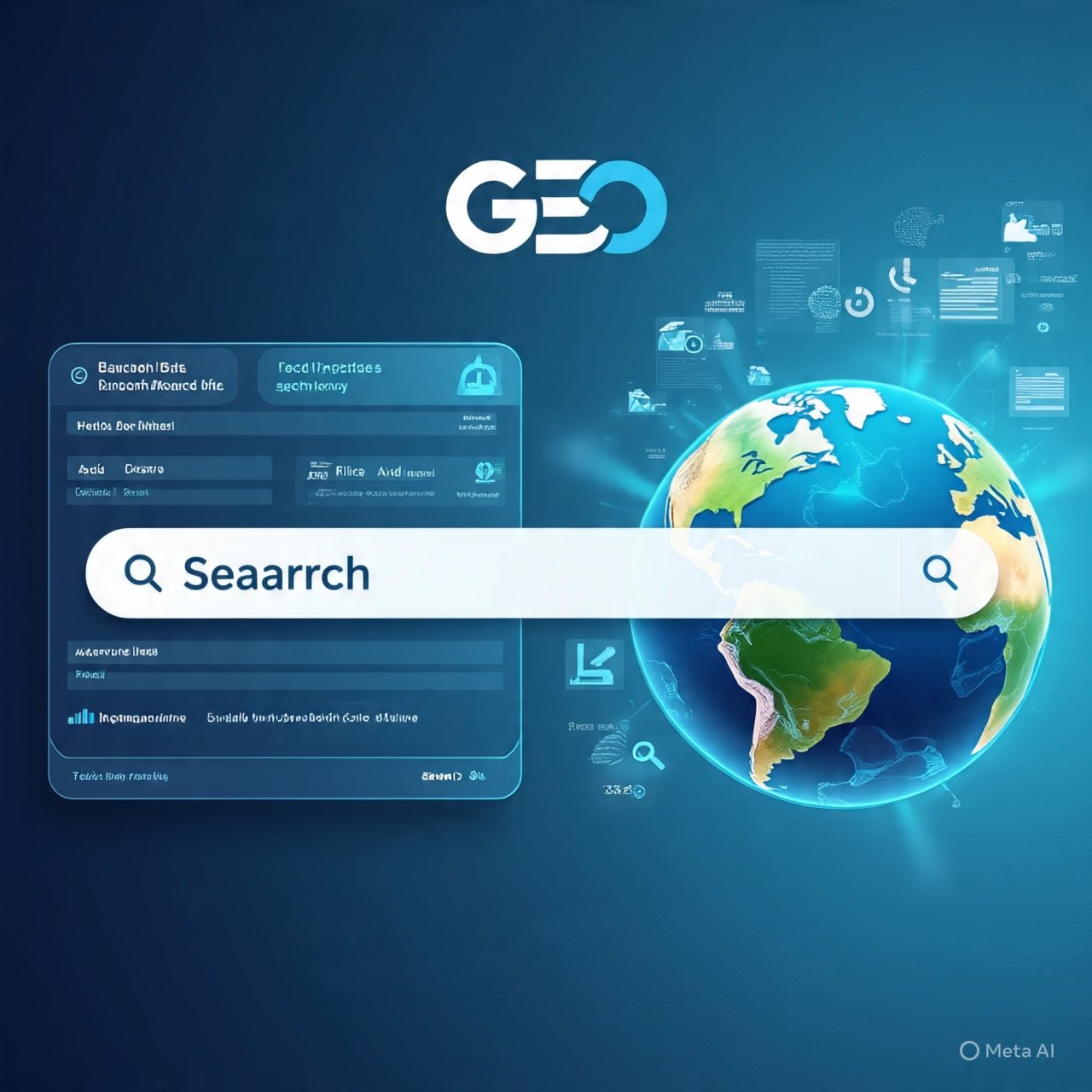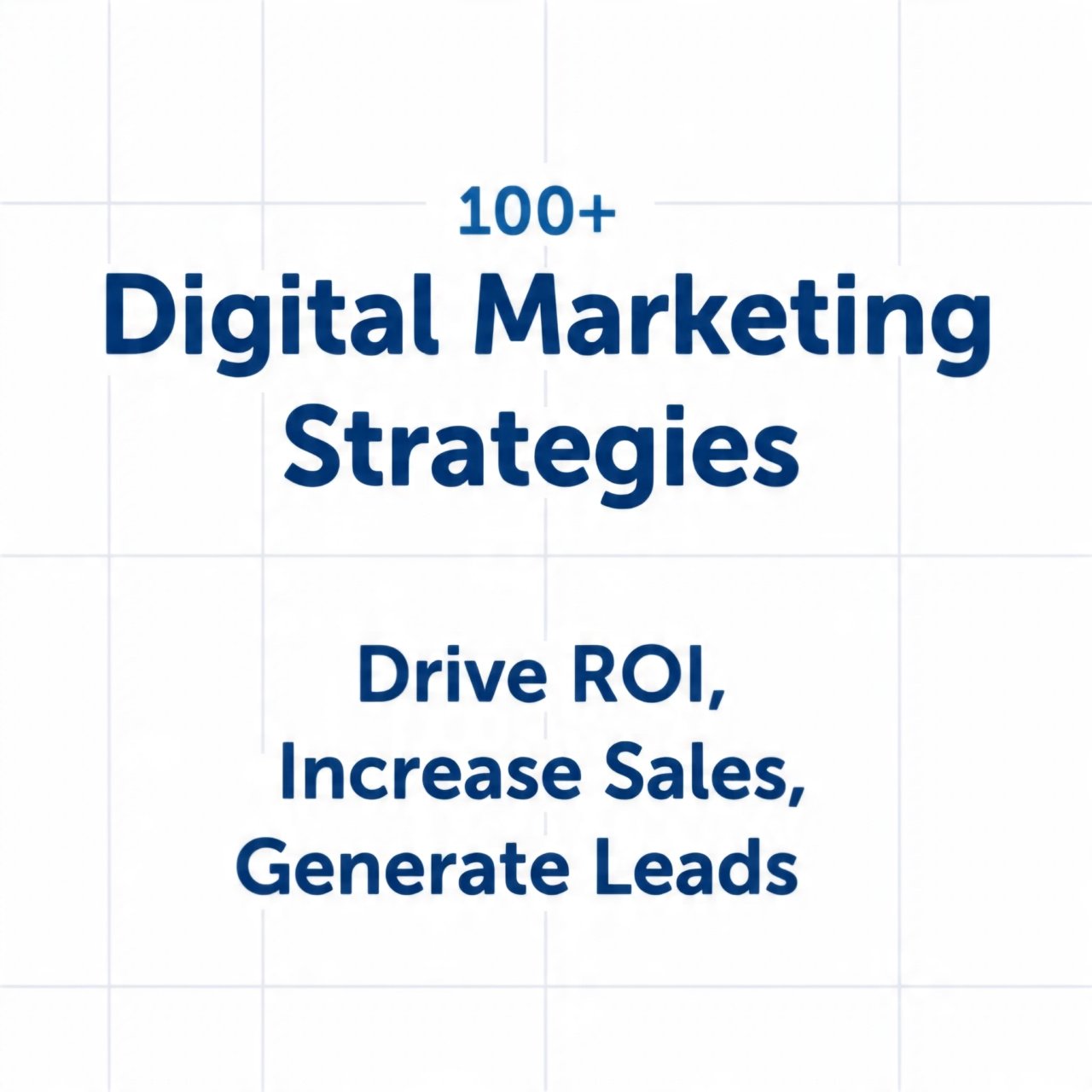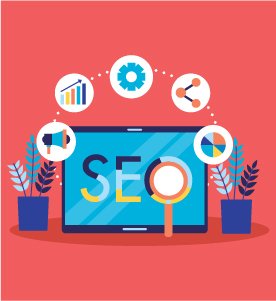AI search engines (GEO)
Generative Engine Optimization (GEO) is the new face of SEO. With AI-driven platforms like Google SGE, ChatGPT, Perplexity, Gemini, and Bing Copilot answering user queries directly, the old-school “rank #1 on Google” mindset is no longer enough.
If your brand, service, or content doesn’t show up inside these AI-generated summaries, you’re invisible. Period.
So let’s break down 7 smart strategies to win the GEO game 👇
1. Target Conversational Long-Tail Queries
AI search engines mimic how humans ask questions.
-
Instead of focusing only on “digital marketing services”, optimize for “what are the best digital marketing services for small businesses in India”.
-
Use FAQ sections with natural, conversational answers.
2. Write in “Answer Format”
AI pulls direct, structured answers.
-
Use clear subheadings (H2/H3).
-
Add bullet points, numbered lists, and direct definitions.
-
Example: “Generative Engine Optimization (GEO) = process of optimizing your content so AI search engines pick it for summaries.”
3. Strengthen E-E-A-T Signals
AI prefers trusted sources.
-
Show Expertise, Experience, Authoritativeness, Trustworthiness.
-
Add author bios, cite credible references, showcase testimonials and case studies.
4. Optimize for Multiple AI Platforms
Don’t just chase Google. GEO means visibility across:
-
Google SGE (Search Generative Experience)
-
ChatGPT / Perplexity
-
Bing Copilot
That means writing multi-format content (text, visuals, infographics, short summaries).
5. Embed Structured Data & Schema
Schema markup helps AI understand your content better.
-
Use FAQ schema, HowTo schema, Product schema.
-
Example: If you sell kids wear → add Product schema so AI can directly recommend your product.
6. Create Authoritative Thought-Leadership Content
AI looks for unique insights, not recycled blogs.
-
Publish research-backed posts.
-
Share case studies (e.g., “How our SEO doubled traffic in 60 days”).
-
Use data, stats, and original frameworks.
7. Leverage Multimedia for GEO
AI engines summarize text + also pull from images, videos, podcasts.
-
Use alt tags on images.
-
Upload short explainer videos (Reels, Shorts).
-
Repurpose into infographics → AI loves digestible data.
🌐 The Rise of AI Search Engines & GEO
Search is no longer what it used to be. Earlier, users typed short keywords into Google, and websites competed for the top spot. Today, with AI-driven platforms like Google’s SGE, ChatGPT, Perplexity, and Bing Copilot, users are asking complete questions in a conversational way — and getting instant, summarized answers.
This shift has created a new challenge for businesses: how to appear inside AI’s answers instead of just on traditional search result pages. That’s exactly where Generative Engine Optimization (GEO) comes in. GEO is the next evolution of SEO, ensuring that your content is not only search-friendly but also AI-friendly.
🚀 Why GEO Matters More Than Ever
Imagine a user asks: “Which is the best kids wear brand in India for affordable party dresses?”
Instead of showing ten blue links, AI search engines will summarize the top options in a neat, conversational reply. If your website isn’t trained and optimized to fit into this ecosystem, you’re out of the conversation — even if your product is excellent.
The businesses that win in GEO are the ones that speak the language of AI, deliver clear value, and provide context that large language models (LLMs) can trust. GEO is not just a technical tweak; it’s a strategic mindset shift in digital marketing.
✨ GEO vs Traditional SEO
Traditional SEO was about backlinks, keywords, and domain authority. GEO, on the other hand, is about credibility, clarity, and context.
-
Where SEO aimed at ranking higher than competitors, GEO aims at being selected by AI engines as the most relevant answer.
-
Where SEO relied heavily on algorithms, GEO works directly with AI language models that prioritize expertise, trustworthiness, and well-structured explanations.
This doesn’t mean SEO is dead — it simply means SEO has evolved into a smarter, AI-powered version. Businesses that adapt quickly will find themselves ahead of the competition.
🌟 The Human Touch in an AI World
One thing AI search engines value most is authenticity. Generic, copy-paste content is easily spotted and ignored by algorithms. What works is human-driven storytelling, original case studies, cultural context, and unique insights.
When your brand voice reflects both expertise and personality, AI search models are more likely to pull your content. In other words, the human touch — experiences, stories, practical examples — will be your biggest strength in this new AI-first era.
🔮 Future of GEO in 2025 and Beyond
As AI continues to evolve, GEO will become the backbone of digital marketing. Businesses that optimize today will not just get more visibility but also future-proof their online presence. GEO is not a passing buzzword; it is the foundation of how content will be discovered, consumed, and trusted in the years ahead.
The key takeaway? Don’t just create content for humans or for search engines. Create content that is ready to be understood, summarized, and recommended by AI. That’s how your brand will stay relevant in an AI-first world.
👉 I kept this version all in paragraph style for better storytelling.
Would you like me to now merge both versions (points + paragraphs) into a single long-form blog (~1500 words) for maximum SEO ranking?
✨ Final Thoughts
Traditional SEO = rank websites.
GEO = rank inside AI conversations.
Brands that adapt early will dominate search visibility in 2025.
So, stop only chasing Google blue links—start optimizing for AI answers.
🔑 Focus Keywords for This Blog:
-
GEO strategies for business
-
SEO vs GEO










